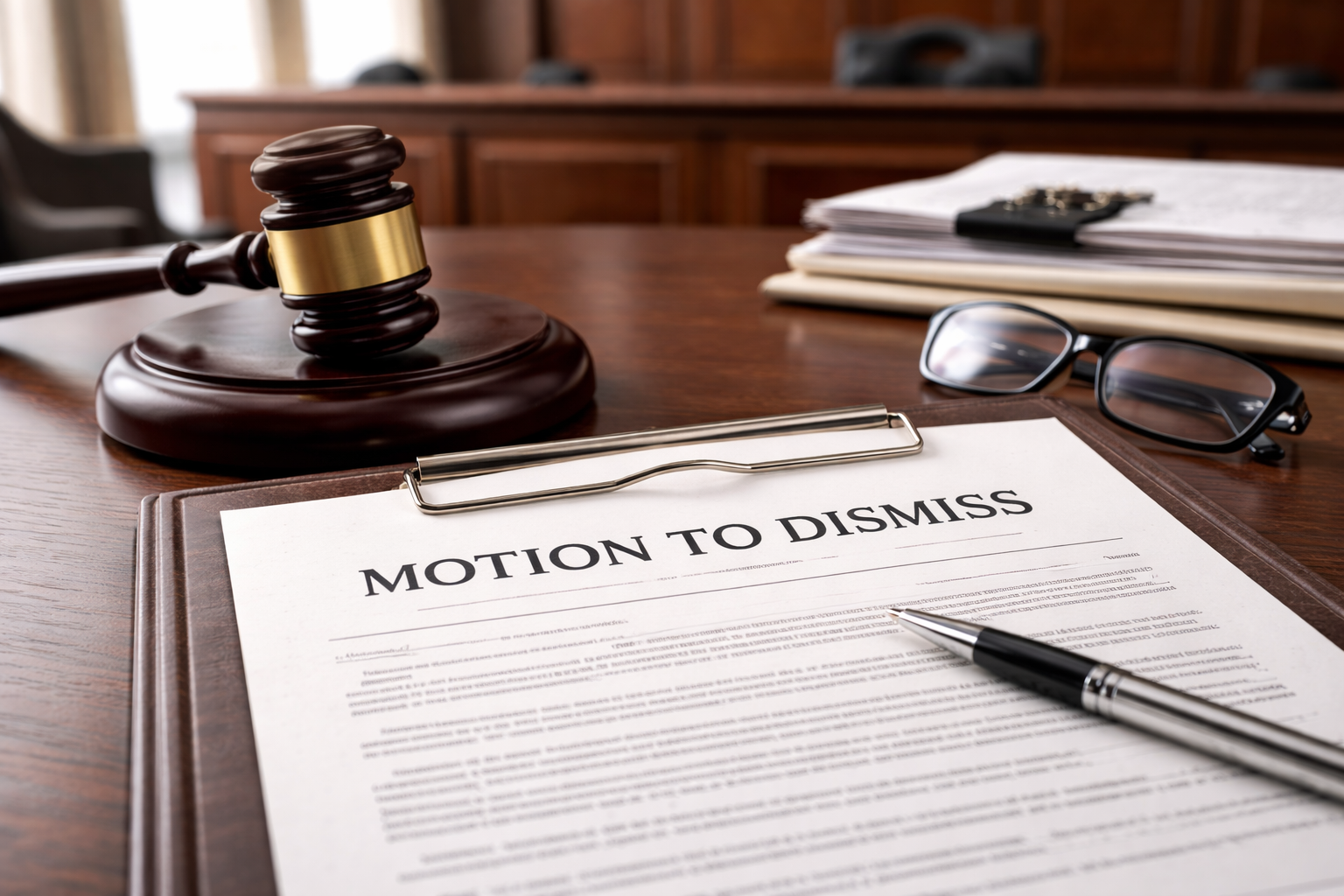Why You Shouldn’t Agree to Drug Screening in a DCS Investigation Without Legal Advice
If the Indiana Department of Child Services (DCS) has contacted you, you may feel pressure to cooperate—especially when they ask you to take a drug test. But agreeing to a drug screen without legal advice is one of the most dangerous decisions you can make during a DCS investigation.
This article explains why you have the right to refuse a drug screen, how DCS uses screening results against parents, what constitutional protections apply, and why you should never agree to a screen without speaking to an attorney first.
What Triggers a DCS Drug Screen Request?
DCS may ask for a drug screen in a variety of situations:
After a report of drug use in the home
During a CHINS (Child in Need of Services) investigation
Following a domestic violence or mental health call
After a hospital report, especially following childbirth
Even if the original concern had nothing to do with drugs, DCS often expands its investigation and adds a screening request to build a bigger case.
Are You Legally Required to Take a Drug Test?
No. You are not legally required to take a drug screen just because DCS asks.
Unless there is a court order compelling you to test, you have the right to decline. DCS may try to pressure you into consenting, but:
There is no statute that gives them the authority to demand a test without judicial approval.
Refusing a screen is not an admission of guilt.
Agreeing to a screen may waive important rights you didn’t realize you had.
👉 Always consult an attorney before you agree to a drug test.
Fourth Amendment Protections: Drug Testing Is a Search
Under the Fourth Amendment to the U.S. Constitution, you have the right to be free from unreasonable searches and seizures. Drug testing is considered a form of search under both federal and Indiana law.
Courts have consistently held that bodily intrusions, such as urinalysis or hair follicle testing, require either a warrant, a valid exception to the warrant requirement, or your informed and voluntary consent.
If you submit to testing because DCS threatened removal or implied you'd be punished for refusal, that may not be voluntary consent. DCS cannot coerce a waiver of your rights.
In short, a DCS drug screen is a government search—and you should never submit to one unless your attorney confirms it is the right approach to your case.
How DCS Uses Drug Screen Results Against You
You may think, “I have nothing to hide—why not test and get it over with?” Here’s why that’s a risky move:
1. False Positives Are Common
Many over-the-counter medications, CBD products, and prescription drugs can cause false positives.
2. Even Past or Legal Use Can Be Used Against You
You may test positive for marijuana days or weeks after legal use in another state—or for a substance prescribed by a doctor. DCS may still claim this proves you're an unfit parent.
3. They May Use a Positive Screen to Remove Your Children
DCS often uses a failed screen—no matter the context—as justification to file a CHINS case and remove your kids from the home.
4. One Test Leads to More
One screen often leads to a cycle of repeated testing, referrals, and services that can trap families in the system even without evidence of danger.
What Indiana Law Actually Requires
DCS must meet a legal threshold before it can compel a drug screen. Specifically:
Court-ordered drug screens by DCS require specific findings of good cause to justify the need for the test.
Parents have constitutional protections under the Fourth Amendment against unreasonable searches.
Voluntarily submitting to a drug screen without advice waives these protections.
How to Respond When DCS Asks for a Drug Screen
Step 1: Don’t Panic
DCS may suggest that refusing the screen means you have something to hide. That is not true.
Step 2: Ask If There Is a Court Order
If there is no court order, you have the right to politely refuse.
Step 3: Contact an Attorney
You need a lawyer who understands Indiana DCS investigations. They can:
Determine whether the request is legal
Help you respond without waiving rights
Push back on unjustified screening demands
📞 Call or text Vining Legal at (317) 759-3225 or visit indianalawyer.esq/contact to get immediate advice.
Step 4: Document Everything
Keep records of every interaction with DCS:
Who called and when
What they asked for
What you said
What If You’ve Already Tested?
Even if you’ve already submitted to a screen:
You can still challenge how it was used in court
You can question the reliability and methodology of the lab
You may be able to suppress or exclude the result if there was no valid consent or court order
What If They Threaten to Remove My Children If I Refuse?
This is a common intimidation tactic. DCS may imply or outright state that refusal to test will result in removal.
But refusal alone is not grounds for removal unless DCS can show immediate risk to the child. You have the right to:
Demand a court hearing
Challenge the basis for removal
Offer alternative safety plans (e.g., supervision, treatment)
Frequently Asked Questions (FAQs)
Can DCS make me take a drug test without a court order?
No. Without a judge’s signature, you cannot be compelled to submit to a screen.
What happens if I refuse a drug test?
DCS may try to argue that refusal shows lack of cooperation, but they still need to prove actual danger or risk to your children to take further action.
Should I test if I know I’ll be positive but have a prescription?
Not without legal advice. Even valid prescriptions are often misused against parents in DCS cases..
Final Takeaway: Know Your Rights Before You Screen
DCS wants to get your consent quickly—before you understand the risks. Don’t fall for it.
**You have rights. You are not required to test without a court order. And agreeing to a screen without legal advice can backfire fast. **If you're under investigation or DCS has asked you to take a drug test, get help immediately.
Call or text Vining Legal at (317) 759-3225 or visit indianalawyer.esq/contact today.
Your future—and your children’s future—may depend on it.











